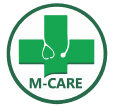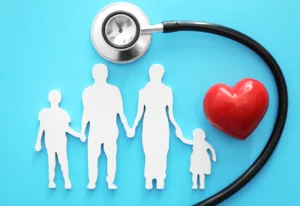Missteps are made by all as we walk through this journey of life.
A misstep may be an act of poor judgement, a failure to act, or an action in haste without due consideration. One hopes and prays that these missteps will be few and far between because sometimes missteps have such great consequences.
In the case of the practice of medicine, even with the best of efforts, misstep sometimes occur and often have great consequences. This is inevitable, because medical practice deals with the well-being of people, people’s lives, people’s relationships, people’s livelihoods.
As a medic, one is aware that the route to patient care may be a long chain with many links or even a network of interconnected links. Patient care often involves a network of multiple healthcare professionals across this interconnected system.
Breakdowns can occur at any point in the chain or within the health system network. Nevertheless, when there is a misstep, the provider must go through a process of catharsis, which is an honest and objective introspection of self, methodologies, and
procedures with the view of fixing or eliminating deficiencies.
The first step of this process is to:
a. Identify the responsible party(s) individual mistake.
b. Identify the system failure and
c. Identify the communication breakdown.
The next step is a clear, honest communication with the affected patient and their family. The next step is to accept responsibility where one has created or contributed to missteps.
Healthcare providers operate in an active, high-pressure environment that demands an ability to multitask and make quick decisions moment by moment. When mistakes occur, the range of possible consequences of admitting fault can deter healthcare professionals from acknowledging error and expressing genuine remorse.
This fear hinders the establishment of a culture of accountability. It makes it difficult to learn from errors. But it is critically important that we all learn from mistakes andensure corrective measures are implemented as soon as humanly possible to minimize the reccurrence of the mistake.
The responsibility of the healthcare provider is to always prioritize patient welfare. TRANSPARENCY therefore becomes an ethical imperative. ACCOUNTABILITY is critically important to shape trust between the patient and the medic. Finally, a commitment to LEARNING from mistakes and sharing lessons learned enables policy makers in our systems to provide an infrastructure that supports safe and effective patient care.
Ultimately, we healthcare providers must undertake continuous training, assessing and improving our operating systems and procedures with the goal of minimizing the risks of repetition of missteps.




